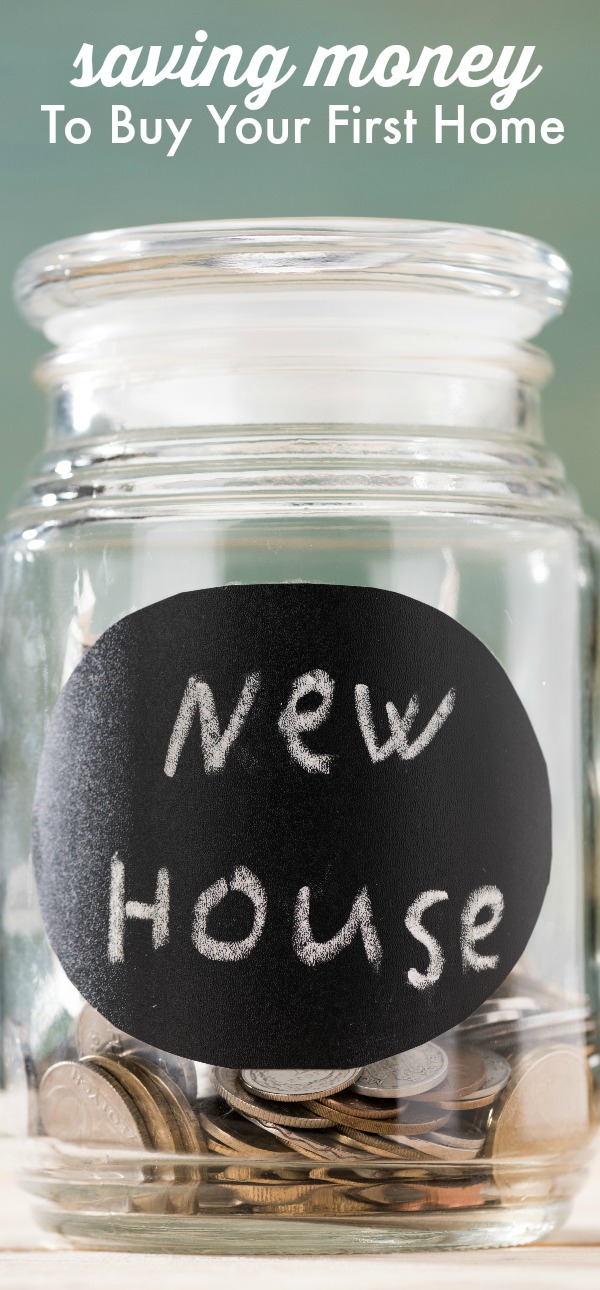Buying a house can seem like a huge investment. However, there are many ways that home ownership can save you money in the long run.
One way to save for a down payment is to reduce your monthly expenses. This can include cancelling subscriptions that you don’t use, reducing unnecessary spending or packing lunches to work instead of going out.
Buying vs. Renting
Deciding whether to rent or buy a house is a complicated decision. It depends on a variety of factors, such as your financial situation and long-term goals.
Buying a home can be a great way to build equity, but it also comes with many responsibilities and costs. In addition to the initial down payment and closing costs, you’ll pay monthly mortgage payments, property taxes, maintenance fees, and other expenses.
For those who aren’t ready to buy, renting can be a better option. It’s cheaper than a mortgage, and it gives you more freedom to save money.
Down Payment
If you’re interested in buying a house, you’ll need to save up some money for the down payment. It’s a crucial step to homeownership, but it can be a big challenge.
The amount you’ll need to put down depends on the type of mortgage you get and your financial needs and wants. It can be anywhere from 5% to 20% of the home’s price.
To make saving for a down payment easier, consider reducing your expenses. Look at your bank statements and credit card bills to identify areas where you could trim down spending or eliminate subscriptions you don’t use.
Another way to speed up your saving process is to set up an automatic transfer from every paycheck into your down payment savings account. This can be as simple as setting up a recurring transfer once a week or twice a month.
Mortgage Insurance
Mortgage insurance (also called private mortgage insurance or PMI) is required if you make a down payment of less than 20% on your home. It’s a way to give lenders confidence that you’ll pay off your mortgage without losing your home in the event of default.
The cost of mortgage insurance varies, depending on the type you get. It may be tacked onto your closing costs, built into your monthly mortgage payment or both.
Ultimately, though, mortgage insurance is something many people decide to pay for, whether they like it or not. It can be a small price to pay for being able to buy a house sooner, and it’s worth the expense in some situations.
Mortgage insurance is typically available in four different types: borrower-paid premium, single-premium, lender-paid premium and split-premium. The lender will determine which type is best for you. It’s a good idea to compare these types of mortgage insurance before you buy, to find one that works best for you.
Emergency Fund
Having a large emergency fund before buying a house is important. It can help you avoid borrowing money at high interest rates, which can snowball into a bigger debt problem.
Typically, experts recommend having 3-6 months’ worth of expenses saved up in a high-yield savings account. This amount can be enough to cover basic living expenses such as rent, food, utilities, and credit card payments.
But some emergencies require more than that. For example, a sudden illness or an unemployment-related layoff can leave you with no income for several months.
Saving for an emergency fund isn’t easy, but it can be done if you set a small goal and work toward it. You can also bolster your emergency savings by trimming spending in other areas of your budget.

